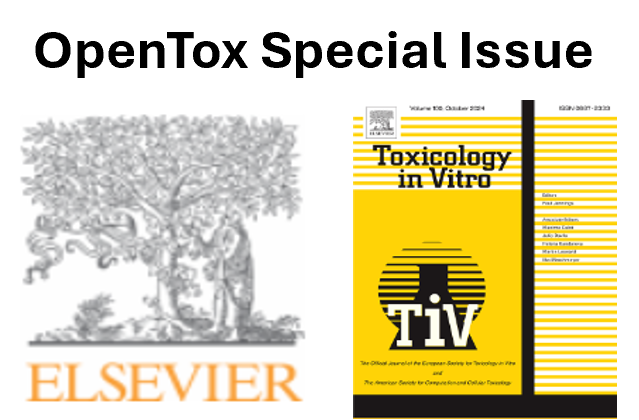
Marije Niemeijer is assistant professor at the Cellular systems and Drug Safety division of the Leiden Academic Centre for Drug Research (LACDR) at Leiden University. She received her Masters degree cum laude in Bio-pharmaceutical Sciences with the specialization Toxicology at Leiden University. Thereafter, she did her PhD at the department of Toxicology of LACDR at Leiden University. Here, she studied the regulation and inter-individual variability of stress response signalling upon chemical exposure by combining siRNA screening, high-content imaging and transcriptomic approaches. As a post-doctoral researcher, she focused on the application of 3D liver models for toxicity testing within the Horizon2020 EU-ToxRisk and PATROLS project. Now as assistant professor, she aims to dissect molecular mechanisms of drug action in both the context of drug efficacy as well as toxicity using advanced in vitro test systems that are fit for this purpose. Through omics approaches, affected genes or networks for different areas within the chemical space or for specific pathologies can be identified and used as reporter genes. To further refine chemical risk assessment, she aims to characterize the inter-individual variability in the activation of these critical gene networks upon chemical exposure.
Session 7. Liver toxicity
Chair: Dr. Marije Niemeijer (Leiden University)
The liver is one of the main target organs for drug or chemical toxicity. To improve the recognition of liabilities for the development of liver toxicity during drug or chemical safety testing, it is of great importance to further improve or establish advanced liver in vitro test systems as well as further characterization, benchmarking to existing test systems and evaluate their in vivo translatability. Primary human hepatocytes (PHHs) possess relatively high expression of enzymes and transporters most comparable to the human liver. Utilizing these primary cells within a 3D multicellular setup and combined with microfluidics enables improved in vivo resemblance. Great progress has been made in the generation of hepatocytes from human induced pluripotent stem cells (hiPSCs) serving as an alternative source for hepatocytes. These hiPSC-derived hepatocyte-like cells can be combined with other cell types such as macrophages and endothelial cells enabling to study multi-cellular dependent drug or chemical-induced responses. This session will focus on the development of these advanced liver in vitro test systems and its application for drug or chemical safety testing. Furthermore, the inter-individual variability in drug or chemical transcriptomic responses in hepatocytes will be discussed critical for defining liver toxicity screening strategies and risk assessment. The session will also discuss defining gene networks critical for the development of liver pathologies or regeneration processes allowing for improved interpretation of transcriptomic data based on liver in vitro test systems.

